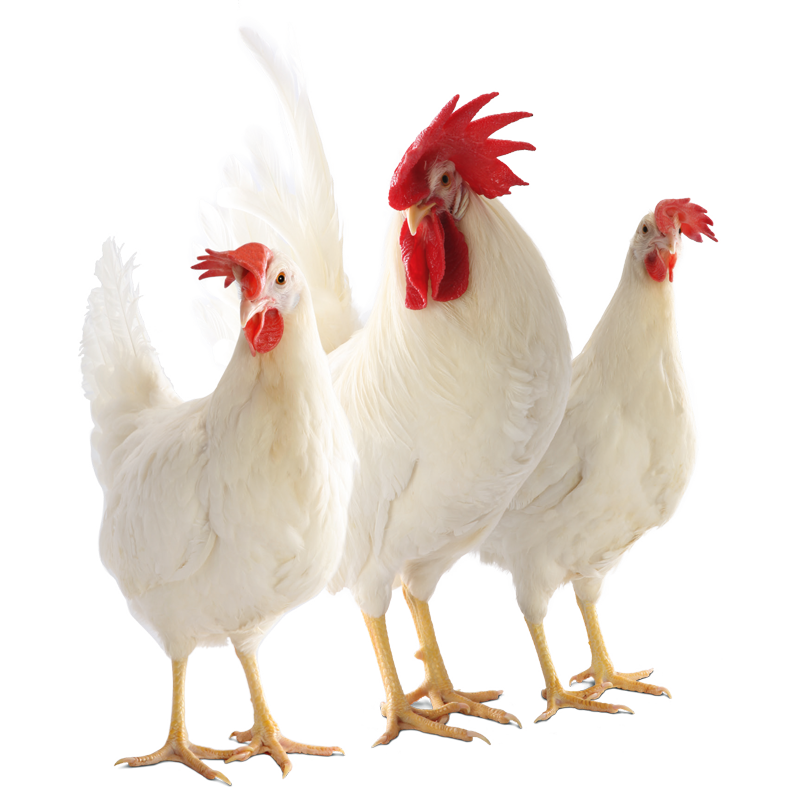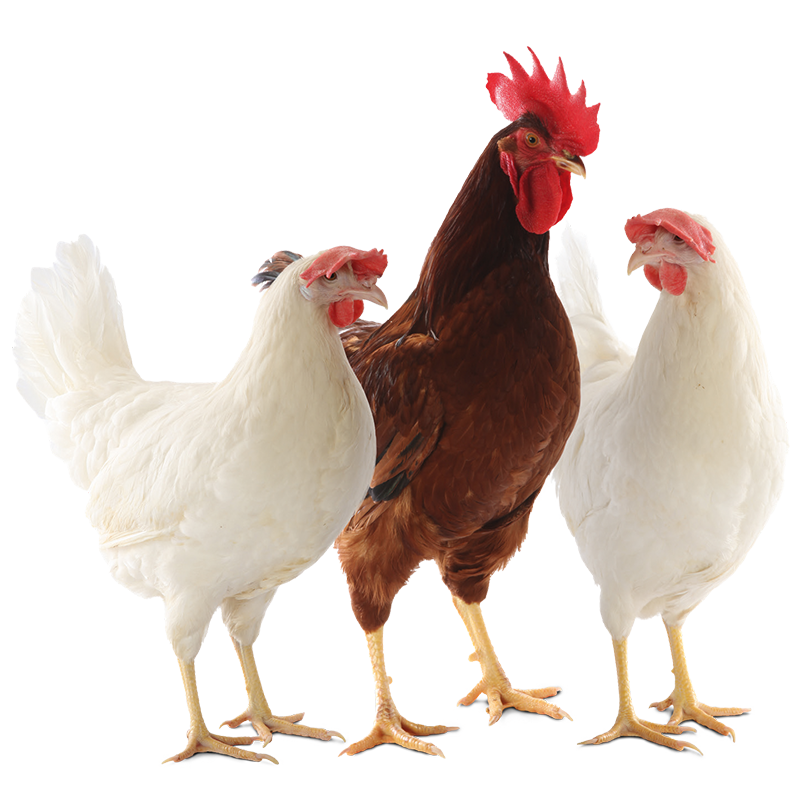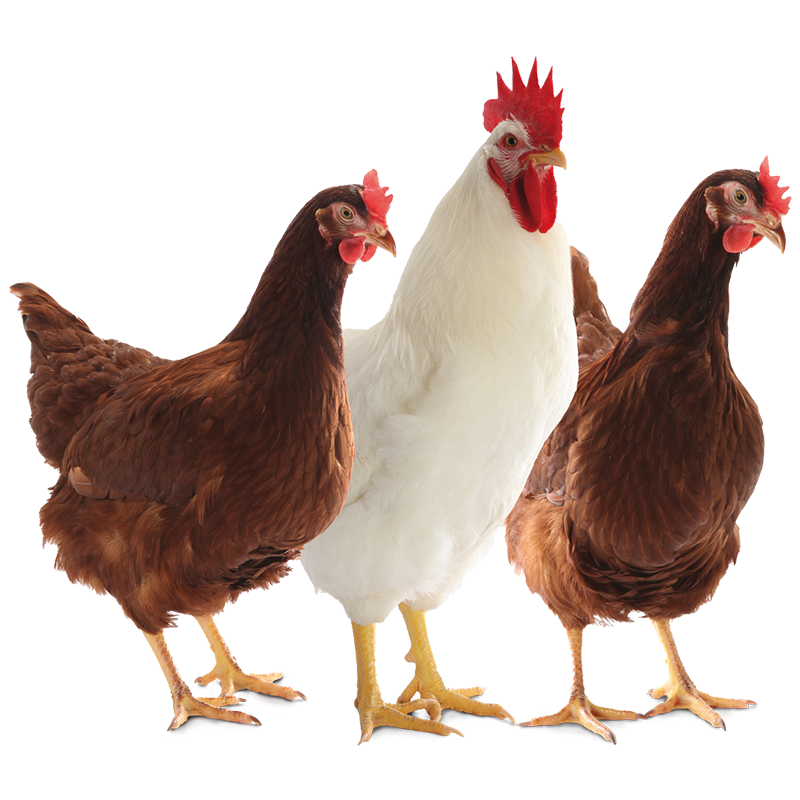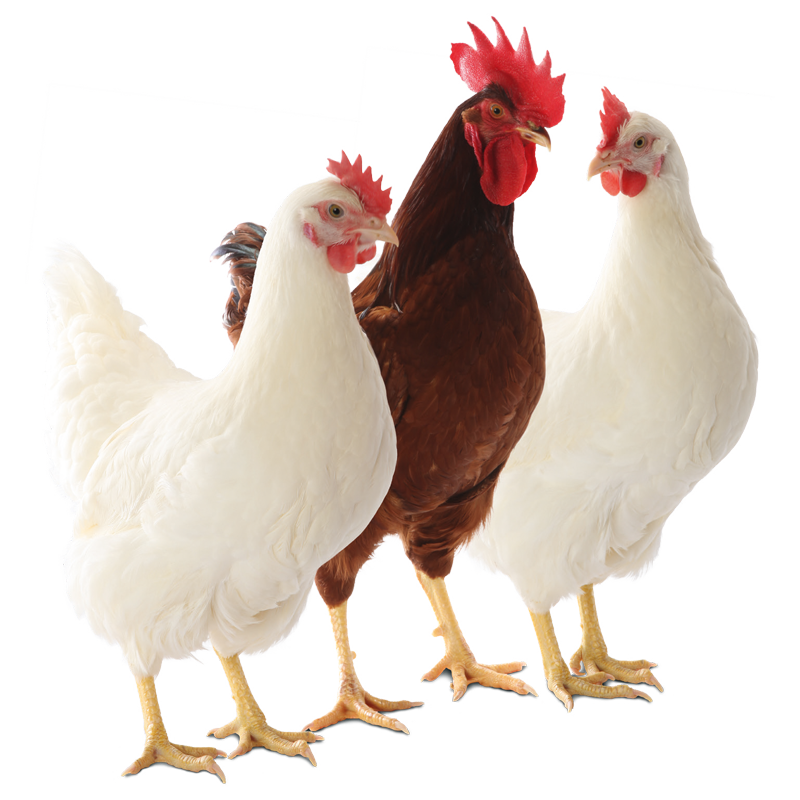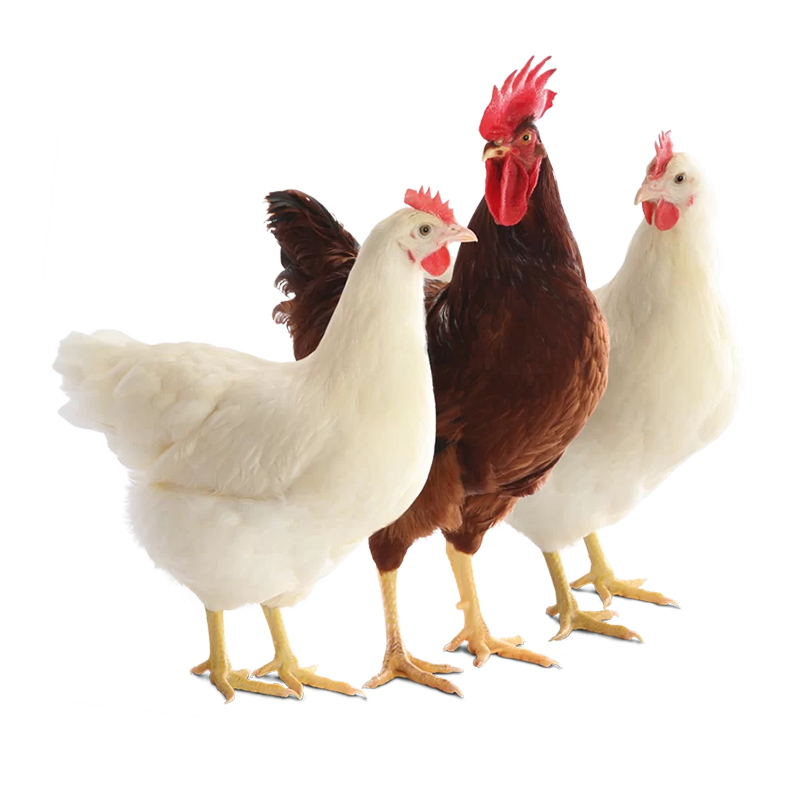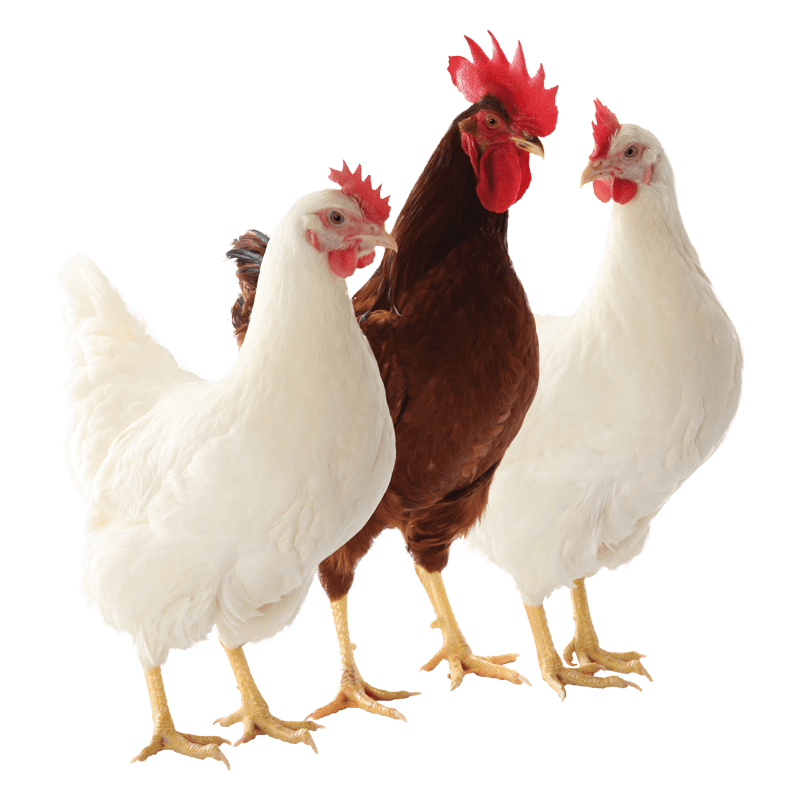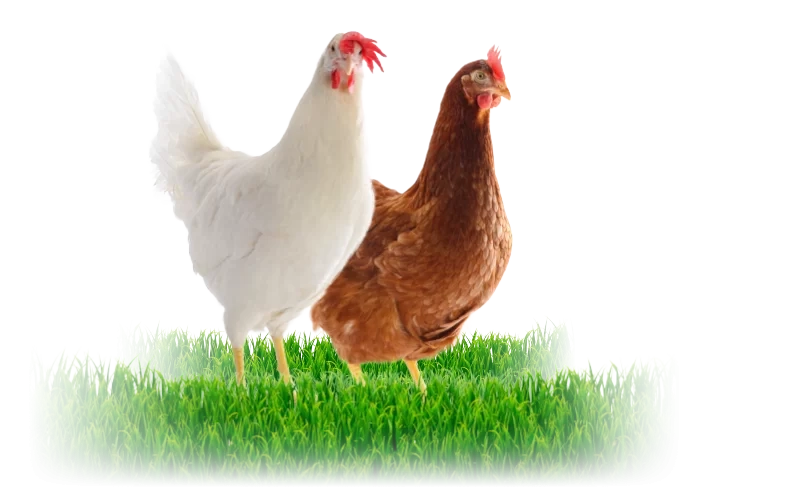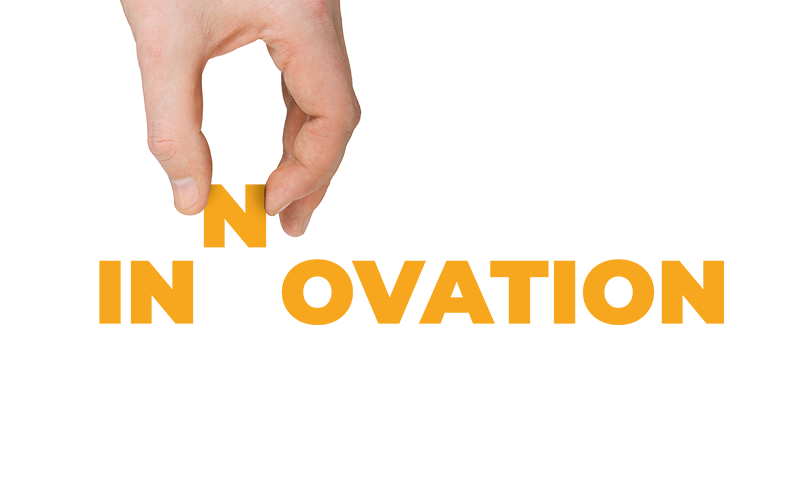LOHMANN TIERZUCHT’s partner in Iran, “Toyoor Barekat Co.” with its head office in Tehran, is reputed to be one of the largest poultry complexes in the country and considered a very fast growing company in the layer sector in Iran.
It is midsummer in Iran and we are driving from the capital city of Tehran towards north. The car’s thermometer shows an outside temperature of 38°C and we are on our way to visit Toyoor Barekat’s grandparent stock farm. Recently in this area, lots of birds had to be culled as a consequence of outbreaks of different poultry diseases, which has always been a big challenge for the Iranian poultry industry.
The Toyoor Barekat grandparent stock farm is believed to be the only one in this region which was not affected. The combination of outstanding, paradigmatic biosecurity as well as preventive measures and the excellent management done by specialists at Barekat, spared the company’s farm from being contaminated with pathogenic germs. Owing to all of these, the company is still able to continue to keep the precious LOHMANN LSL-LITE grandparent flocks with their top performance.
More than five decades of experience and success
With more than half a century of experience in the broiler and layer sectors of the poultry business, Toyoor Barekat is the exclusive partner and distributor of LOHMANN TIERZUCHT in Iran. The company was privatized 8 years ago by Safari Brothers, the producer of parent stock and commercial layer day-old chicks, pullets as well as table eggs. The company owns more than 10 subsidiaries in the layer sector alone. The different production sites which include 2 hatcheries, rearing and production farms, egg packing and grading stations, are spread out in various regions of the country. Due to the high density of poultry farms in the central part of Iran and as a preventive measure, the company decided to move some parent stock flocks to a new location in the northern part of the country, close to the Caspian
Sea, where just few poultry farms exist in the area. Barekat also produces its own high quality feed in its own feed mills with a capacity of about 250 tons per day for their grandparent and parent stock farms.

Toyoor Barekat’s grandparent stock farm with sanitary, shower and egg storage rooms and the second office building in front
Exemplary Biosecurity and Top Management Methods
Toyoor Barekat sets very high standards on hygiene, biosecurity and management. Just to name one example, the grandparent stock farm located in the Qazvin area in Iran, is almost 7 km away from the main highway. A private road leads to the double-fenced farm compound. All the workers and visitors must take a shower and wear the farm’s own protective clothing just to get inside the main building as the first station on the compound. To access the grandparent stock house, which is located 1 km away from the main building, you have to take two more showers and change the protective clothing 3 times. Every station has its own protective clothes, shoes and towels with specific colors so as not to be mixed up with the others. The workers and visitors will be driven from the main building to the birds’ house using the farm’s own vehicle, which never leaves the compound. In fact, no other car is allowed to get inside the compound with the exception of vehicles from the feed mill and for the transport of birds, which must be washed and completely disinfected in a special car wash, installed at the entrance. These vehicles are just allowed to enter the compound as far as to the main building. The onward transport will be carried out by the farm’s own vehicle. The feed delivered by the Toyoor Barekat’s own feed mill which is located on the compound, is packed in double bags and will be fumigated on the farm again.
All other foreign objects such as glasses or cameras brought by visitors must also be fumigated twice with Formaldehyde. All the biosecurity measures on this farm are an example of the top management arrangements done by Toyoor Barekat’s specialists such as Mr. Khatibi (General Manager), Dr. Abbasi (Production Manager) and their colleagues.

Niels Fischer (LOHMANN TIERZUCHT) and Dr. Abbasi (Production Manager at Toyoor Barekat) checking the quality of the newly-arrived grandparent day-old-chicks at Tehran Airport
Top performance results
Despite extreme weather conditions and a high risk of poultry infectious diseases, Toyoor Barekat has shown how to achieve an outstanding performance with LOHMANN LSL. They were able to attain top performances for several weeks consecutively, even higher than the LOHMANN TIERZUCHT standards in laying, number of settable eggs and saleable chicks per hen housed in the grandparent stocks of both lines. This excellent achievement affirms the high genetic potential capacity of LOHMANN breeds even under hot climate conditions, despite an intensive vaccination program.
Plans for the future
LOHMANN TIERZUCHT and Toyoor Barekat began their cooperation almost 8 years ago. The reputation of LOHMANN products has always been known in Iran for many years now and with all the efforts being done by Toyoor Barekat, this breed is getting more popular day by day. Barekat has improved its market share in Iran from about 30% to 40% during the last 2 years and the latter is very optimistic to enhance this improvement in supplying the Iranian market and the neighboring countries with day-old commercial layer chickens. Exclusively for the grandparent stock farm, a brand new feed mill has just started its operation and a new hatchery is in the pipeline for next year. This means that LOHMANN TIERZUCHT and Toyoor Barekat Co. will continue their partnership and story of success in Iran in the future too.
Iran Facts and Figures
Population: 75million Capital city: Tehran Area: 1,648,195 km2
Poultry Market
Per capita consumption: 160 eggs and 24 kg chicken meat Almost 100% white egg market
Development of the Poultry Business
Annual Production today:
• 1.67 million tons of chicken meat (6th in the world)
• 775 thousand tons of table eggs (14 th in the world)
• In about 16,000 broiler and 2,000 layer farms
Intensive development in the early 1960s and ranked above thirty amongst the other main global producers. In 1970 s, the Iranian Poultry industry experienced a very rapid growth owing to the utilization of modern technologies and facilities such as automatic cages, feeders and drinkers.
During the last decades, the broiler grower farm capacity has increased to 1,000million broilers per year comparing to 160million broilers before. This means an annual growth rate of 17.5%.
The layer farm capacity increased to 65 million layers per period as compared to the previous 13million pieces, a 16.6% growth in volume per year.
